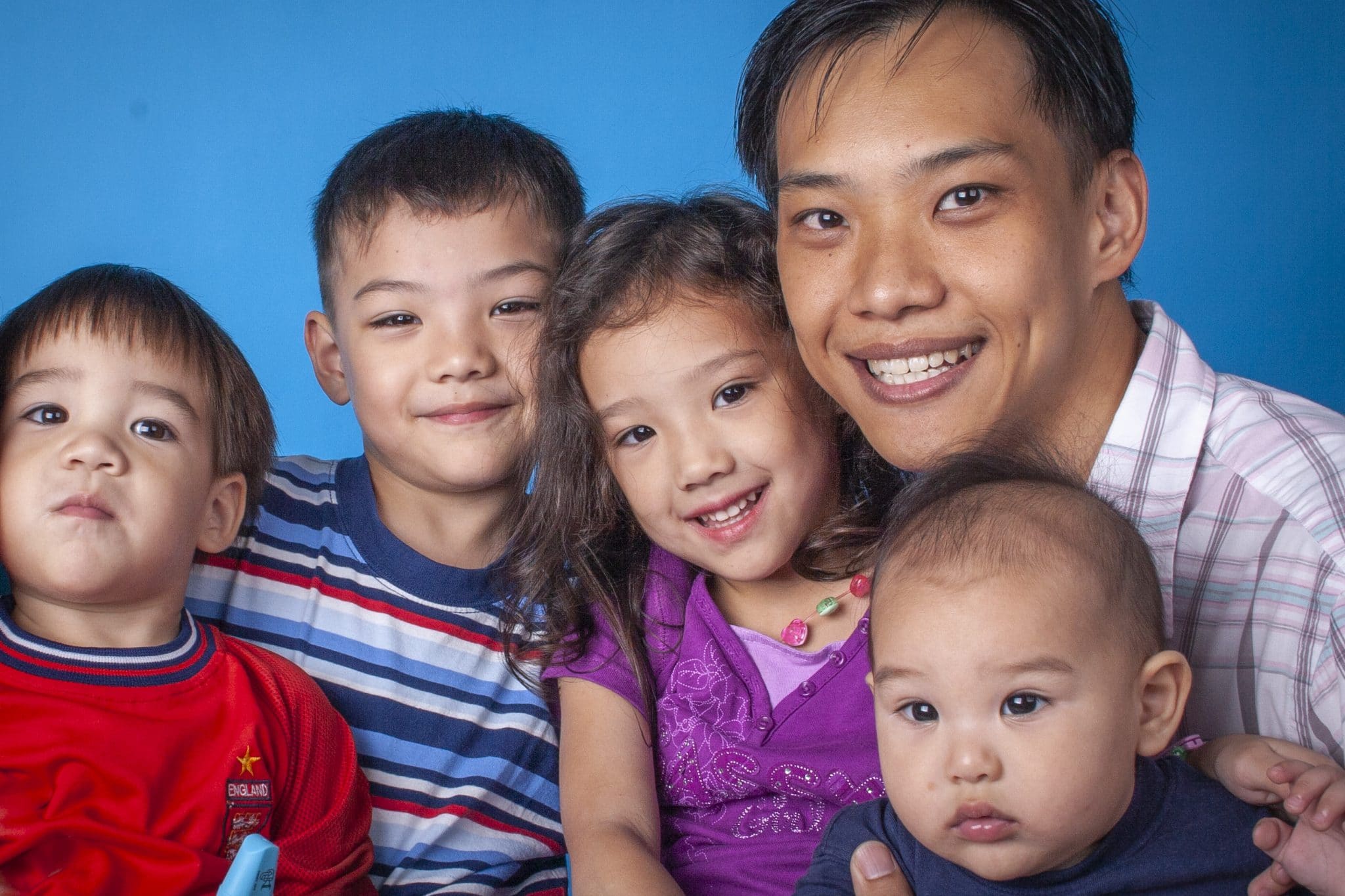In what circumstances can a trustee of an estate be removed from their position for exercising their powers in the way the deceased would have expected?
Following their divorce, Cairns couple James and Mary (not their real names) shared custody of their four young children.
 Mary died of cancer in August 2017 leaving a will that appointed her sister and close friend Diana to be executors and trustees and gifting her estate by way of a discretionary trust for the benefit of children Robbie, twins Lucy and Steven and Sarah.
Mary died of cancer in August 2017 leaving a will that appointed her sister and close friend Diana to be executors and trustees and gifting her estate by way of a discretionary trust for the benefit of children Robbie, twins Lucy and Steven and Sarah.
Mary’s sister renounced her role, leaving Diana as the sole executor and trustee of the testamentary trust.
James took on the full-time care and responsibility for the children and decided to cease working so he could provide them full time care in the best possible way.
They all moved into the Cultivation Close residence at Edmonton where the children had lived with their mother.
That home was owned by the trust. Other trust assets were capable of providing more than sufficient income to assist James meet the maintenance needs of the children.
James sought that Mary’s superannuation be paid to him – so he could hold it on trust for the children – rather than to the estate.
Diana opposed this on the basis his “history of financial mismanagement and ineptitude”, alleging breaches of professional obligations as an accountant, non-payment of rent, and misuse of funds.
James also sought provision out of the estate contending the provisions of the will warranted him doing so.
These disputes were resolved by the parties agreeing – among other things – that the superannuation would be paid to the estate and the trustee would provide financial information to James.
Matters began to unravel again when Diana started to make decisions about where the children and their father would live, without any reference to James. This was compounded by Diana’s refusal to provide James with financial information, despite having agreed to do so.
Diana’s refusal was based on Mary’s desire for James to fund the upbringing of the children so that – by the time they were adults – the trust would be able to provide them each with a residence.
But Mary’s hope that James could fund the children’s needs was misplaced. He had no assets of substance, had not been working for health reasons and had only Centrelink payments as a source of income.
Diana nevertheless pursued the goal of acquiring properties for each of the children and refused to assist James meet the cost of the children’s maintenance and education.
She required them to vacate the Cultivation Close residence once a three-year lease she has granted expired in July 2021, to allow it to be sold with the proceeds used to purchase two other properties to achieve Mary’s desire to gift a property to each child.
James refused to move as the property had been a major part of the children’s lives and the smaller property owned by the trust had no pool for the kids and could not accommodate Robbie’s numerous aviaries.
Her QCAT application to compel them to vacate the property was refused.
James then requested – in November 2021 – Diana’s support for the family moving to Brisbane and foreshadowed an application for Diana to be removed as trustee and replaced with an independent solicitor if no “reasonable response” was received.
In the absence of any response, the application was filed and came before Justice Jim Henry in the Supreme Court in Cairns. At the time of the court hearing the children were aged 16, 12 and 11.
The judge noted that where the children were to live was “inevitably” an issue about which Diana should have consulted James as their father but had not done so.
He also observed that her unilateral decisions appeared to be not properly informed or considered because she had failed to appreciate the importance of James’ role as the children’s father.
Although replacing Diana with a solicitor would substantially increase the trust’s administration costs, her conduct – in Justice Henry’s view – compelled a finding that the trustee is removed by court.
The case is interesting reading, especially for trustees administering the estate of a parent for the benefit of children in circumstances where the other parent remains alive and involved in the children’s lives.
A trustee cannot blindly proceed in the manner the deceased would likely have preferred even if the deceased would have done so if they were still alive.
JPD as guardian v DMS as Trustee [2022] QSC 181 Henry J, 30 August 2022




